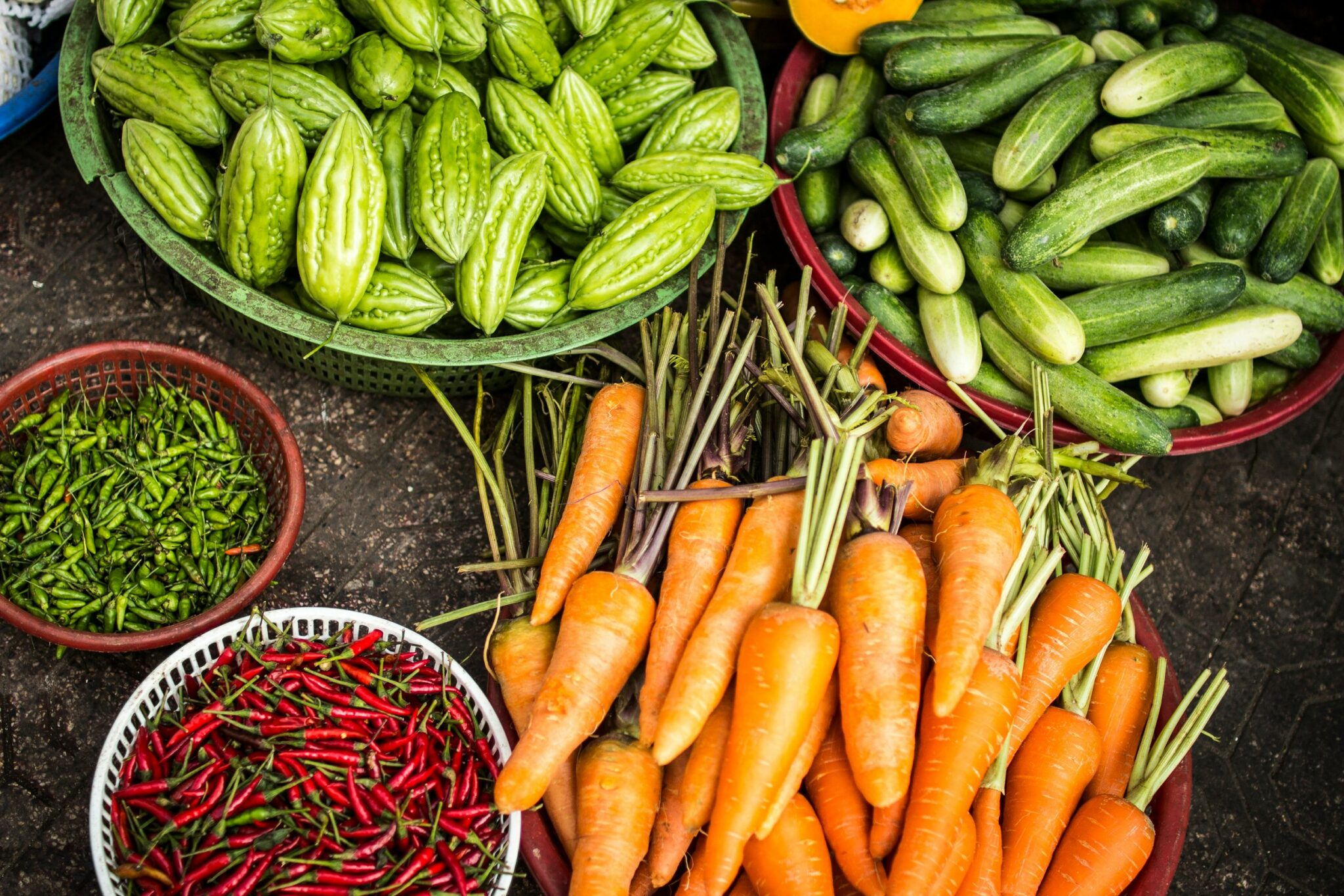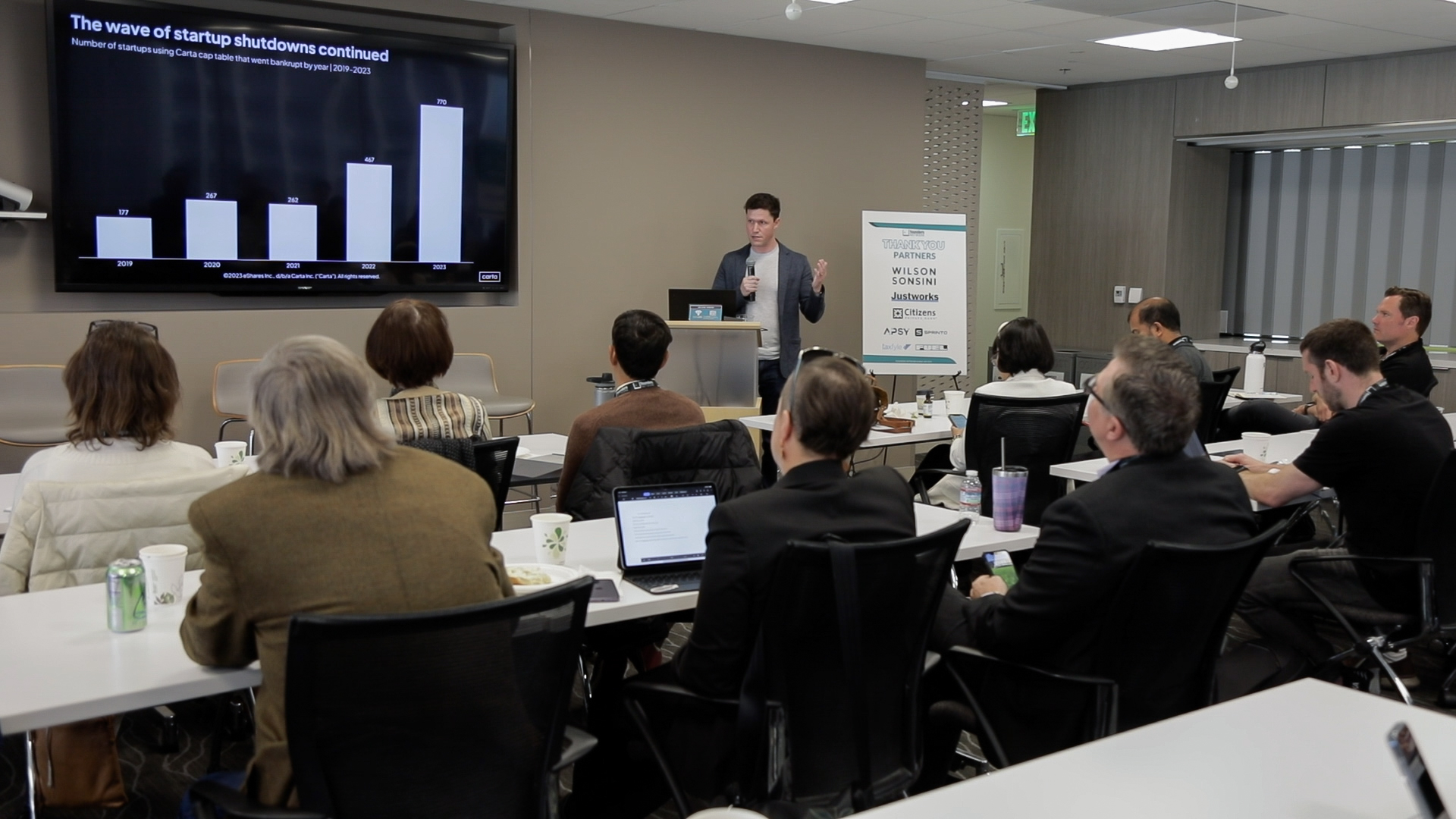
The specter of global food shortages hangs heavy in the air. Climate change, geopolitical conflicts, and economic instability are creating a perfect storm, threatening millions with hunger. The World Food Programme (WFP) estimates that in 2023 alone, an estimated 783 million people faced hunger globally. Projections for 2024 and beyond paint an even more concerning picture. The World Bank predicts a potential rise in the number of people facing severe food insecurity, potentially reaching a new high of 943 million by 2025. This looming crisis demands immediate and innovative solutions.
This looming crisis demands immediate and innovative solutions. Startups, by their very nature, are nimble and innovative. They can act quickly to address emerging needs, and the food shortage is no exception. Here, we explore how food security startups are stepping up to the plate, reshape the startup landscape, and potentially alleviate the looming food crisis.
The Urgency for Innovation: Food Security Startups
The current food shortage demands solutions that go beyond simply providing emergency food assistance. We need innovations that address the root causes of hunger and build more resilient food systems for the future. Here are some key areas where food security startups are playing a crucial role:
Sustainable Agriculture
Traditional farming methods are under pressure from climate change and resource depletion. Startups are developing ingenious solutions to improve yields and reduce reliance on traditional methods. Imagine drought-resistant seeds that require less water, efficient indoor vertical farming systems that maximize output in smaller spaces, or even lab-grown meat alternatives that reduce our dependence on animal agriculture.
Case Study: California-based Plenty is a leading example in the vertical farming space. Their high-tech indoor farms use a fraction of the water and land compared to traditional methods, while producing higher yields year-round. This not only improves food security but also reduces the environmental impact of agriculture.
Alternative Food Sources
With traditional food sources becoming increasingly less reliable, startups are exploring alternative protein sources that offer high nutritional value with lower environmental impact. This might include insect protein bars packed with essential nutrients, algae-based food products rich in omega-3 fatty acids, or innovative ways to utilize underutilized plant sources like high-protein moringa leaves or drought-resistant quinoa.
Case Study: Exo, a cricket protein bar company, is a prime example. Their bars offer a complete protein source with a sustainable farming footprint compared to traditional livestock. This provides a nutritious and environmentally friendly option for consumers concerned about food security and climate change.
Food Supply Chain Efficiency
Food waste is a significant problem globally. An estimated one-third of all food produced is lost or wasted along the supply chain. Startups are developing technologies to improve food storage, transportation, and distribution. Their goal is to reduce spoilage and ensuring food reaches those who need it most. This might involve advanced sensors to monitor food quality during transportation, real-time logistics platforms to optimize delivery routes, or blockchain technology to track food provenance and prevent spoilage.
Case Study: Apeel Sciences has developed an edible plant-based coating that extends the shelf life of fruits and vegetables. This innovative solution can significantly reduce food waste and improve access to fresh produce in regions with limited cold storage capacity.
To learn more about the 2024 startup landscape, see if you qualify for membership to join Founders Network.
Beyond Production: Building Resilient Food Systems
The impact of food shortages extends beyond simply growing enough food. To build resilient food systems, we need food security startups to develop solutions that empower farmers, optimize resource allocation, and manage food supplies effectively:
Fintech Solutions for Farmers
Small-scale farmers, often the backbone of local food production, often lack access to credit and financial services. This can limit their ability to invest in new technologies, improve yields, and adapt to changing weather patterns. Fintech startups are developing innovative solutions like microloans, crop insurance, and mobile payment platforms. These empower these farmers and improve food security in local communities.
Case Study: Kiva, a pioneer in microfinance, allows individuals to lend directly to farmers in developing countries. This provides them with the capital they need to invest in seeds, fertilizers, and irrigation systems, ultimately increasing food production and income.
Data-Driven Food Management
Data analytics can play a crucial role in predicting food shortages, optimizing resource allocation, and identifying areas of need. Startups with expertise in AI and data management can develop tools to help governments and organizations manage food supplies more effectively. By analyzing weather patterns, crop yields, and market trends, these tools can predict potential shortages and enable preemptive action to mitigate their impact.
Case Study: The World Resources Institute’s Aqueduct platform is a prime example. This online tool provides policymakers and farmers with high-resolution data on global water resources. This information can be used to identify areas at risk of drought. Ultimately, it will help develop strategies to conserve water and improve agricultural practices.
Challenges and Opportunities
The path ahead for food security startups won’t be easy. They will face significant challenges, including:
- Scaling Up Solutions: Developing and scaling innovative solutions like vertical farming or lab-grown meat requires significant investment and collaboration. Startups will need to find creative ways to secure funding, partner with established players in the food industry, and navigate complex regulatory landscapes.
- Consumer Acceptance: New food sources and technologies may face resistance from consumers based on taste, cultural preferences, or unfamiliarity. Startups will need to invest in education and marketing campaigns to build consumer trust and encourage adoption of these innovative solutions.
However, the potential rewards for startups that can successfully address the food security crisis are vast:
- Make a Positive Social Impact: These solutions can alleviate hunger, improve nutrition, and build more resilient food systems for millions around the world. Startups have the potential to make a real difference in the fight against global hunger.
- Attract Investment: With a growing global focus on food security, startups in this space are likely to attract significant investment capital from venture capitalists, impact investors, and governments looking to support innovative solutions.
- Become Industry Leaders: Startups that can provide effective solutions will be well-positioned to become leaders in the emerging food security market. They can build strong brand recognition, establish themselves as key players in the food industry, and contribute to shaping a more sustainable future.
A New Frontier for Startups
The food shortage may be a crisis, but it’s also a call to action for the startup world. It’s an opportunity to innovate, create positive change, and build a more secure and sustainable future for all. By harnessing the power of technology, data, and ingenuity, startups are playing a pivotal role in addressing this global challenge. Food security startups are working to ensure access to safe, nutritious food for generations to come.
This blog post is just a starting point for the conversation. As the food security landscape continues to evolve, so too will the solutions offered by startups.
To learn more about the 2024 startup landscape, see if you qualify for membership to join Founders Network.






